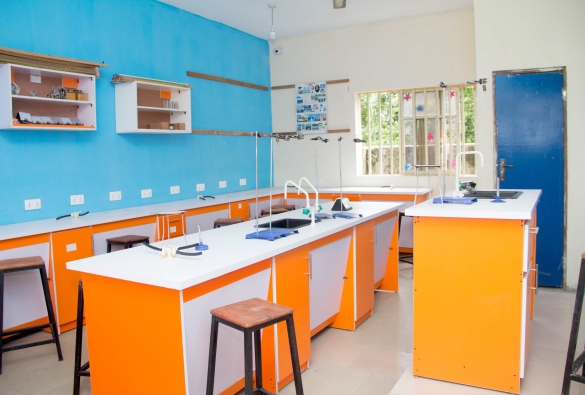
Physics laboratories are dynamic spaces where students can actively engage with the principles and concepts they learn in their theoretical physics classes. These labs provide students with the chance to manipulate equipment, perform experiments, and collect data in a controlled environment. This hands-on experience allows students to develop a deeper understanding of fundamental physics principles as they witness them in action. It also helps them to develop critical thinking and problem-solving skills, as they must analyze data, troubleshoot experimental setups, and interpret results.
In addition to the experiential learning aspect, physics laboratories also foster collaboration and communication skills. Students often work in groups to plan and execute experiments, which encourages teamwork and the sharing of ideas and perspectives. Through discussions with their peers and instructors, students can refine their understanding of concepts, learn from each other's experiences, and gain valuable insight from different viewpoints. Presenting their findings and results also promotes effective communication, as students must articulate their methods, observations, and conclusions in a clear and concise manner. Overall, physics laboratories play a crucial role in enhancing the learning experience and preparing students for further studies or careers in physics and related fields.
Enroll






